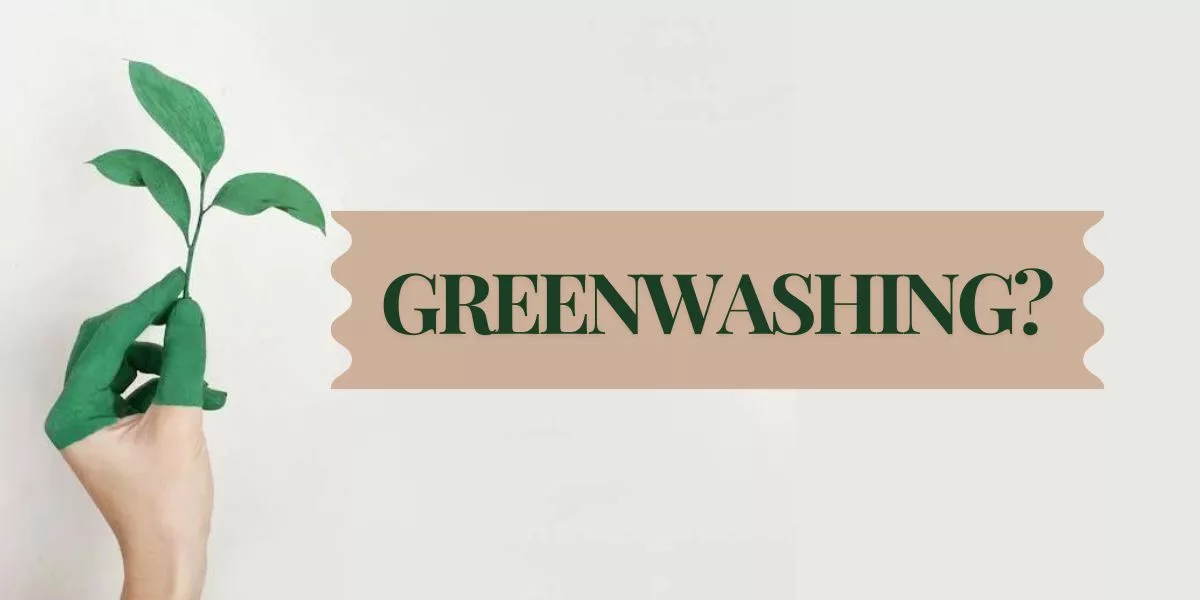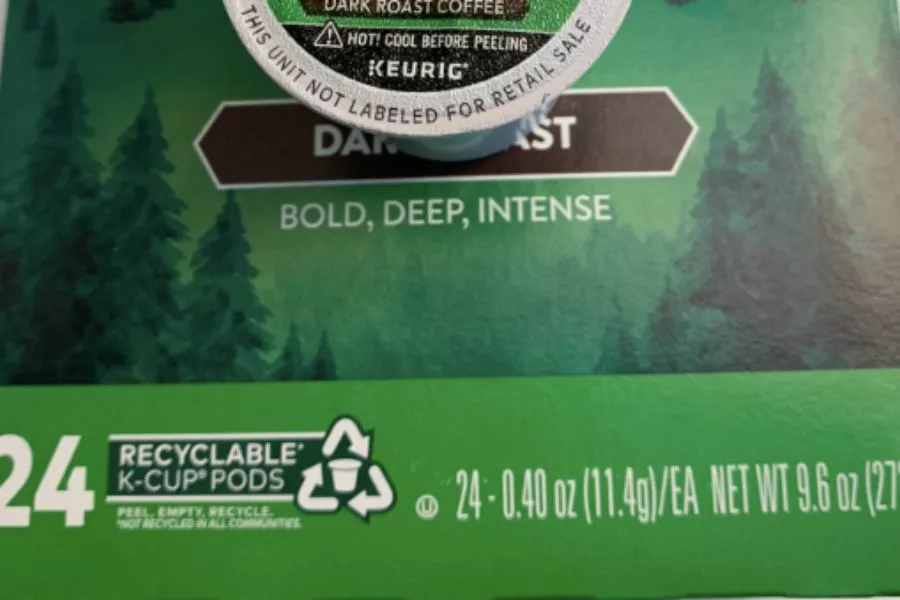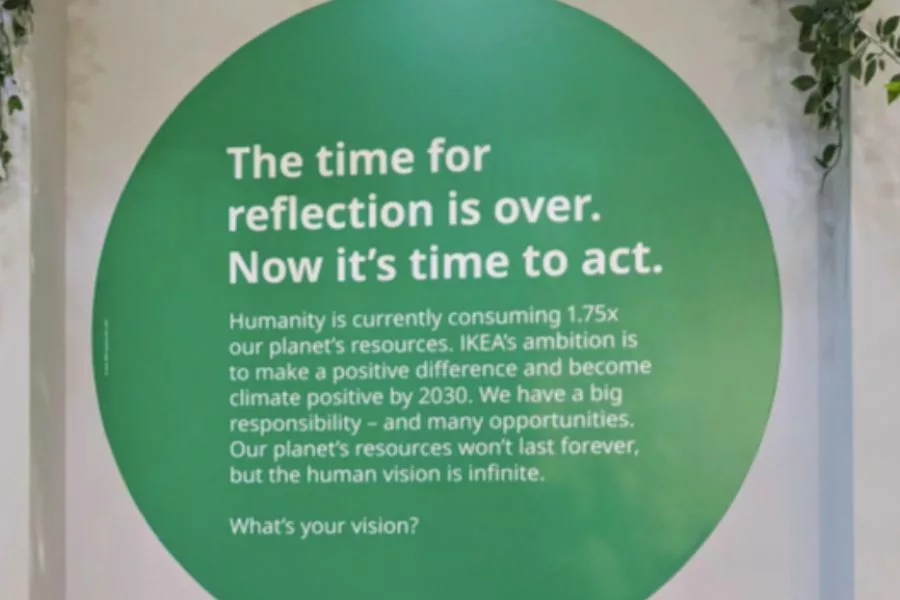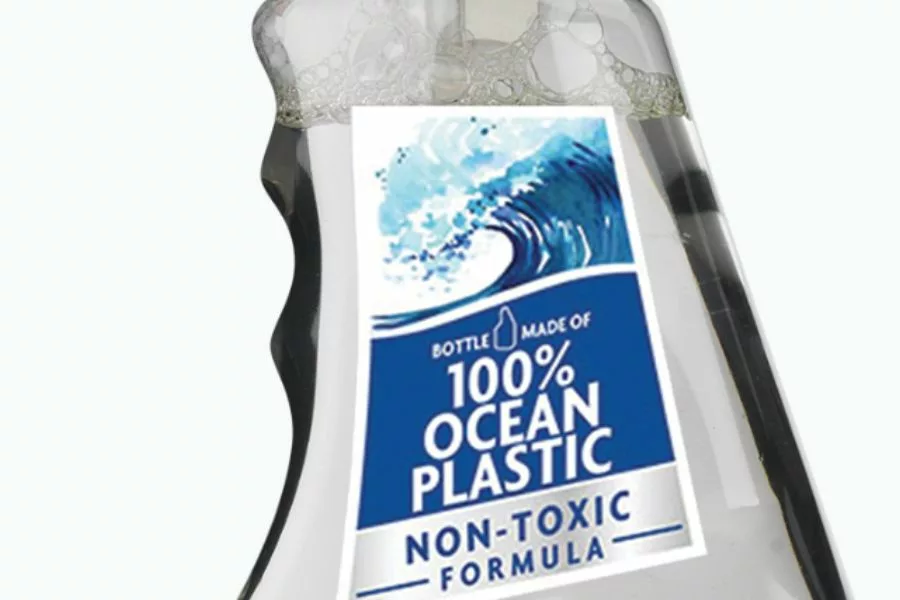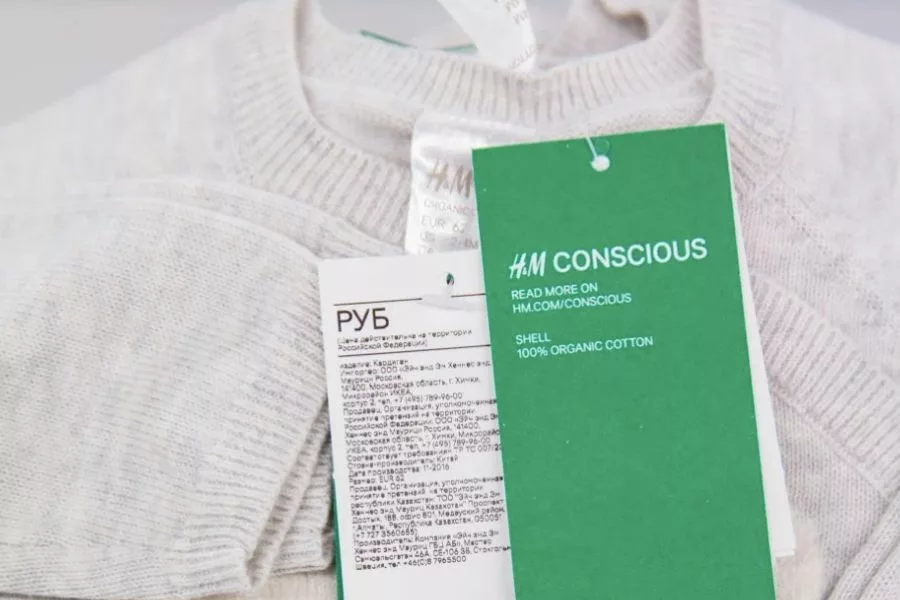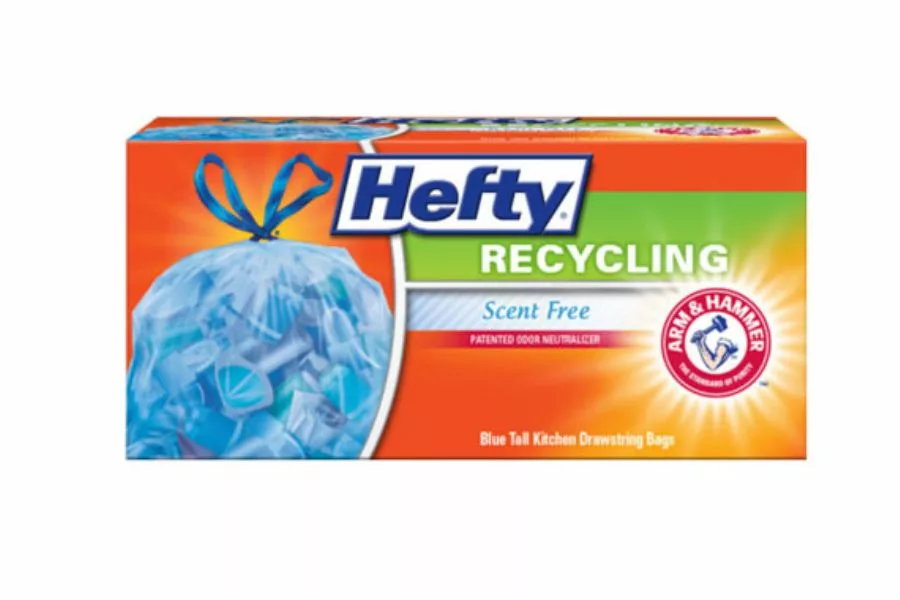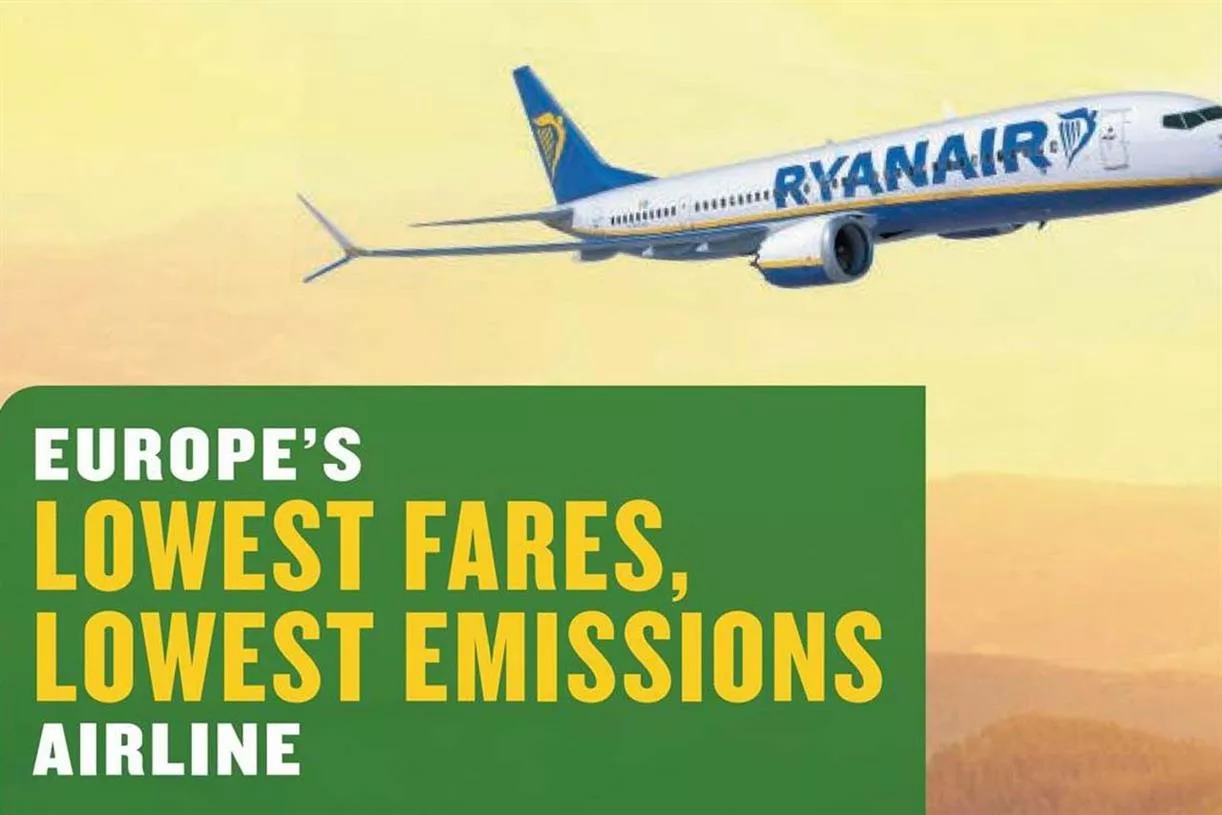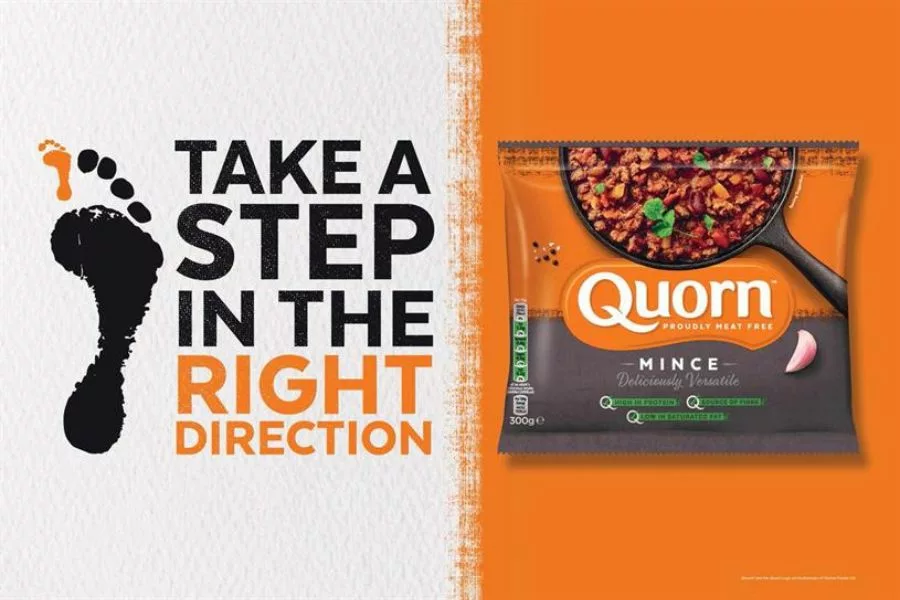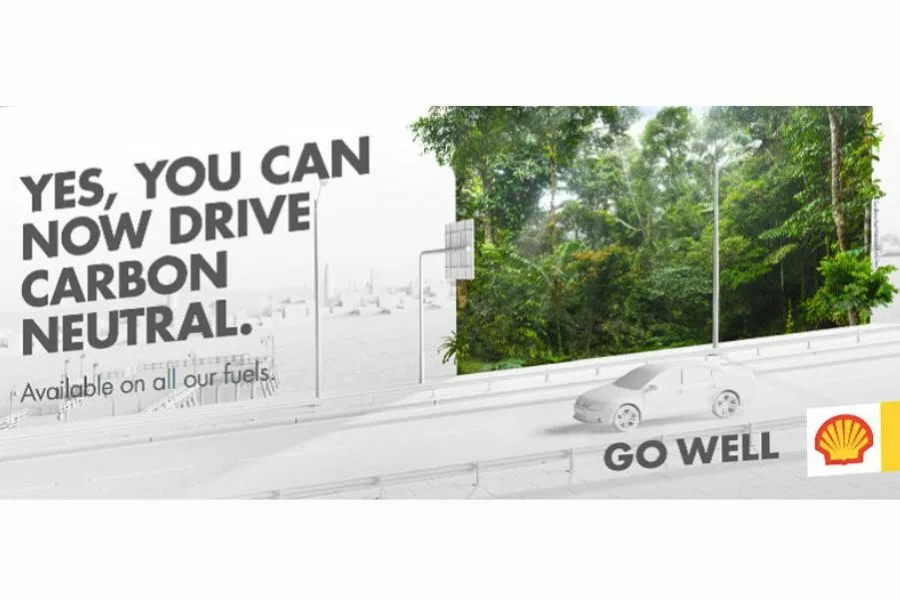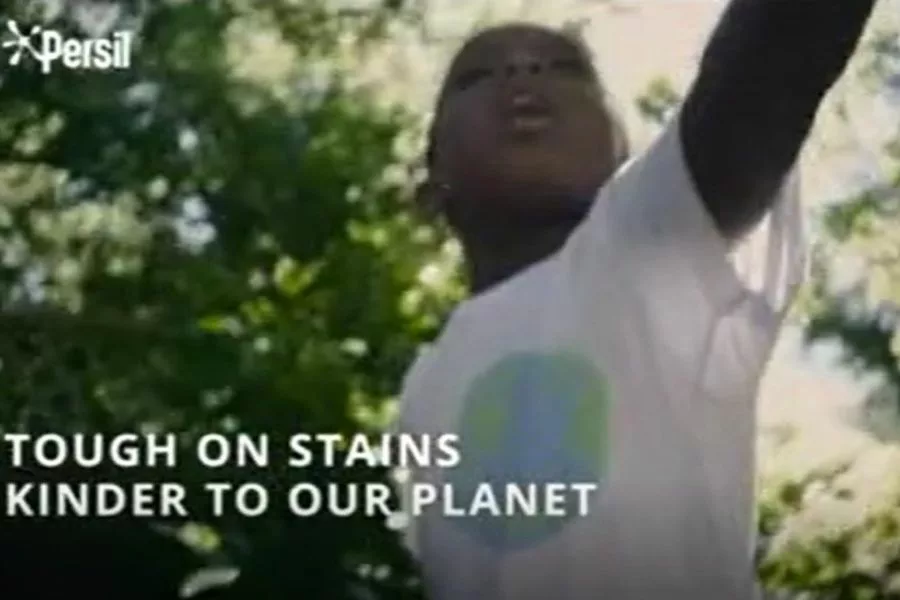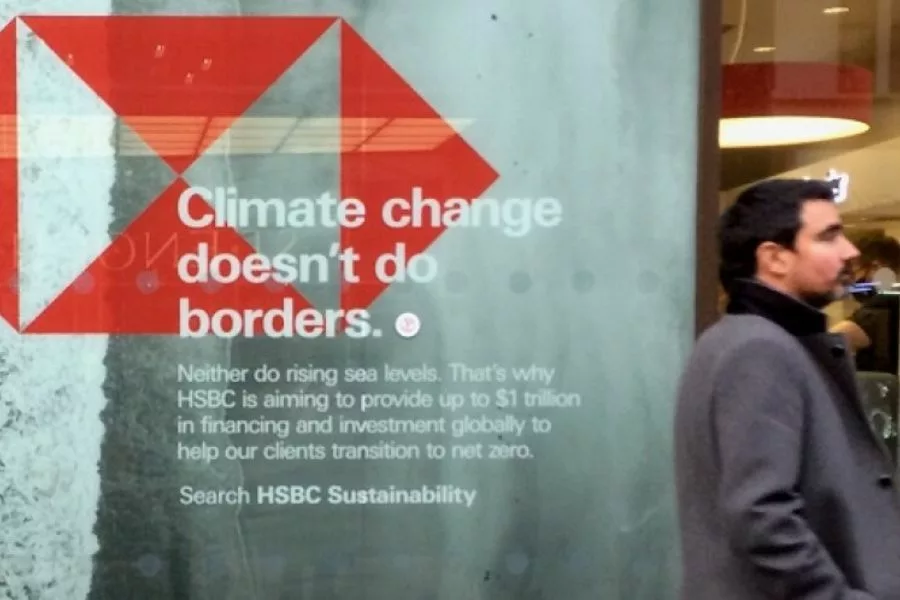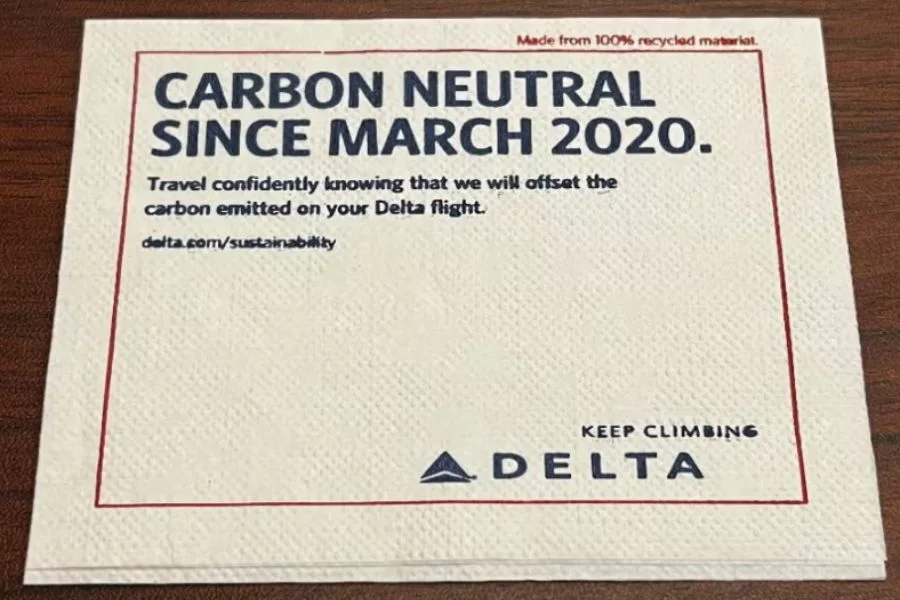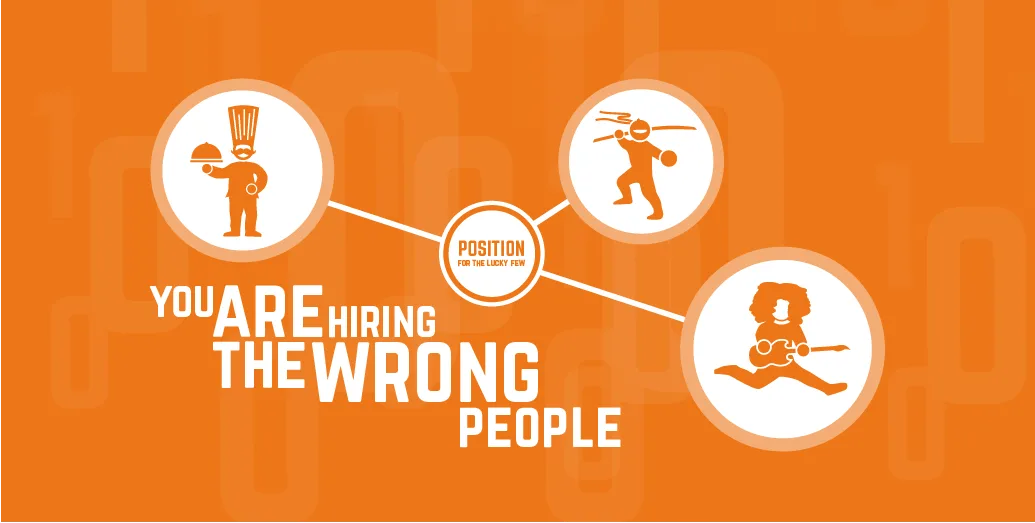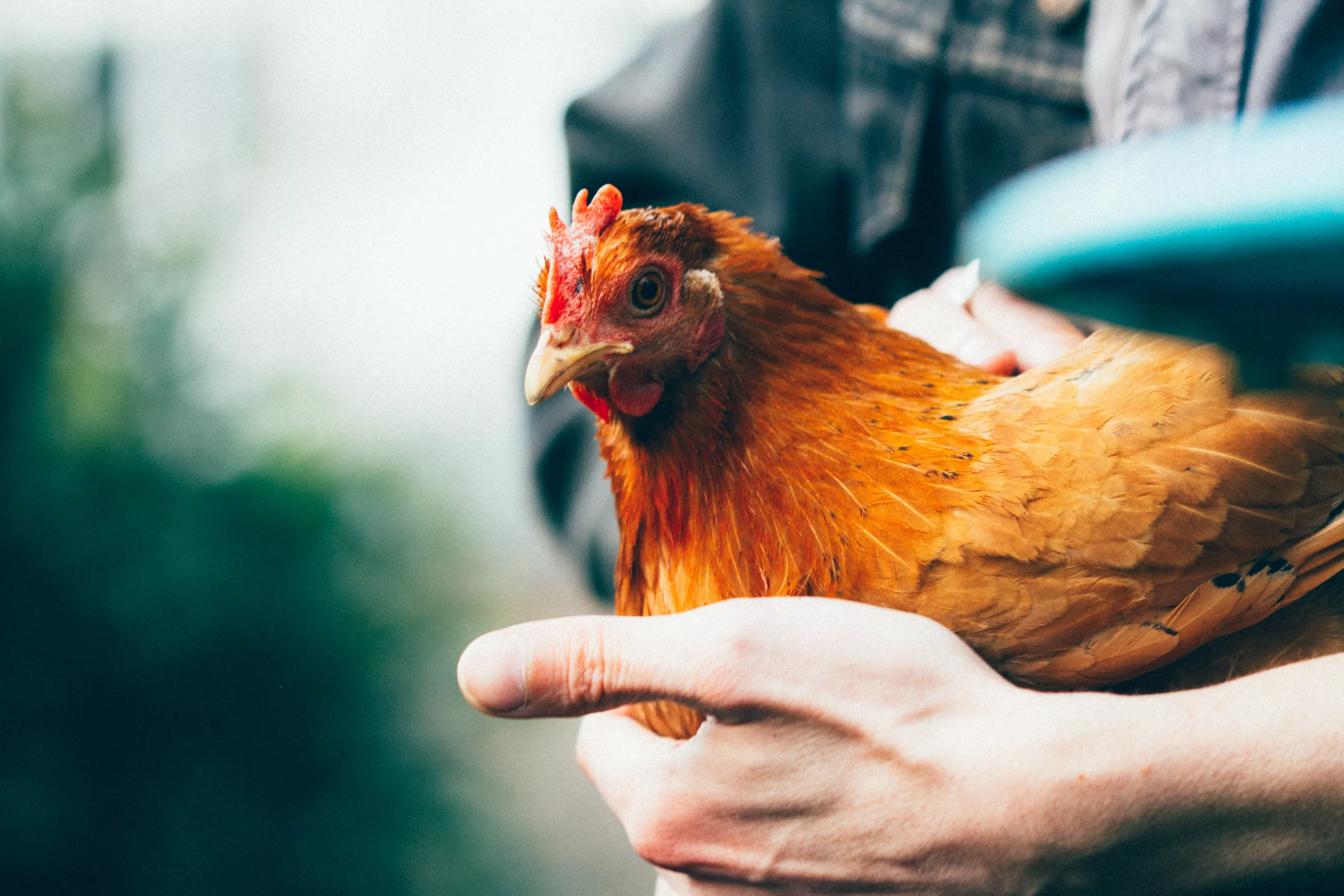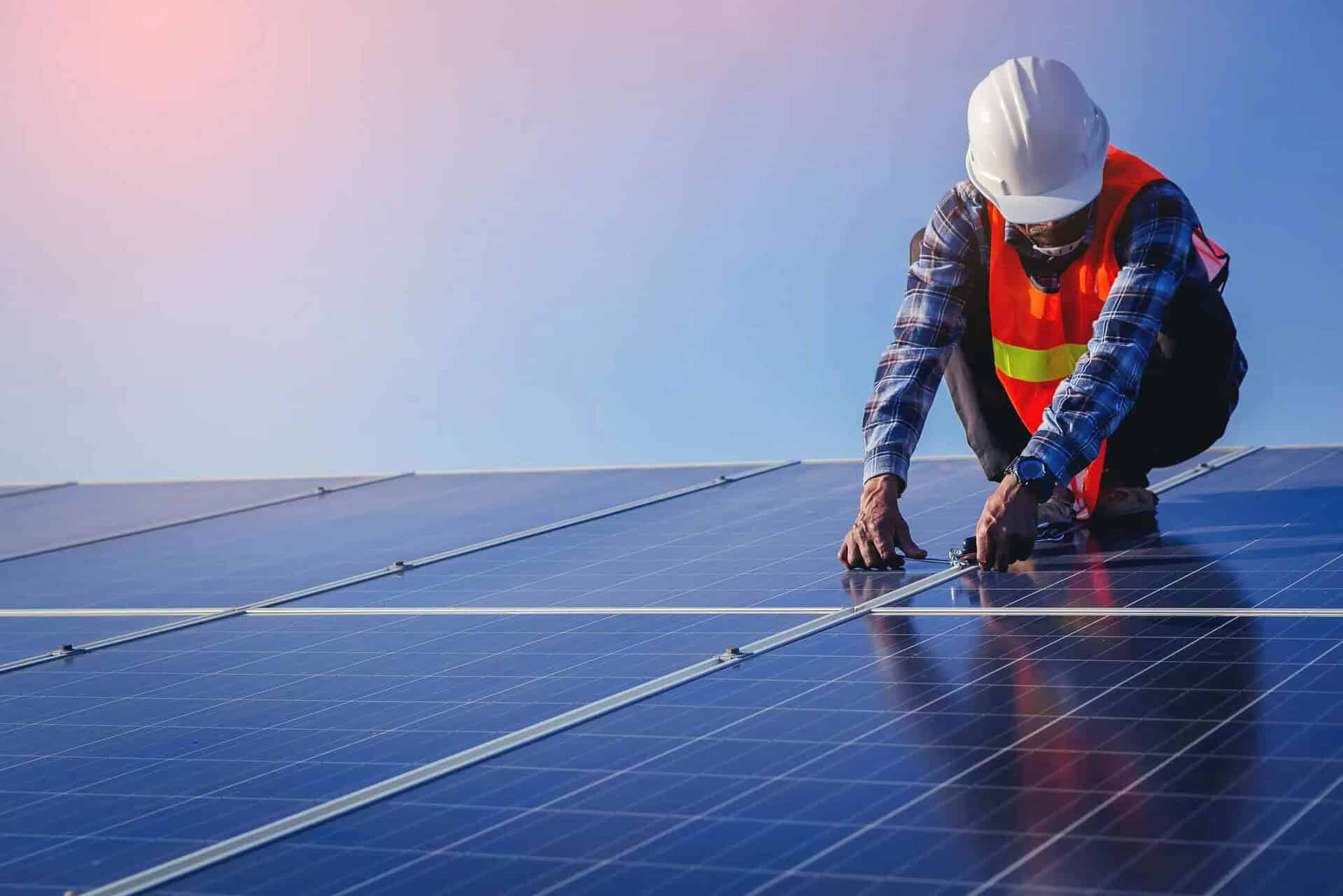If you care about your carbon footprint, sustainable shopping, and the impact of your lifestyle on the planet, then you must have your anti-greenwashing goggles on while making purchasing decisions.
Greenwashing is the practice of making brands appear more sustainable than they really are. It may involve cynical marketing ploys, misguided PR stunts, or simply changing the packaging of an existing product while continuing to use unsustainable ingredients or practices. It’s a way for companies to appear like they care while also increasing their profit margins, as they’re fully aware that eco-conscious people are willing to part with more money for sustainable products.
Green marketing is an ostensible part of business rollouts these days. Think “Mother Earth” at the 2023 Apple Event, or Priyanka Chopra’s Anomaly sustainable pledge.
However, there’s a very good chance that you’ve been a victim of greenwashing.
You might remember the controversy back in 2019 when McDonald’s introduced paper straws that turned out to be non-recyclable.
Aside from the questionable practice of cutting down trees to make disposable straws, this was a classic example of a corporate giant pretending to address an issue — in this case, plastic pollution—without actually doing anything substantial.
Another cynical greenwashing move is to slap a green label on something to make it appear more sustainable or healthy, as Coca-Cola did with Coca-Cola Life, which, with 6.6% sugar, was far from a healthy drink. You’d probably have less life if you drank a lot of it. This article covers the 11 worst greenwashing examples from the very well-known brands around us. Read along to understand the real picture.
The Meteoric Rise of Sustainability Messaging In The Past Five Years
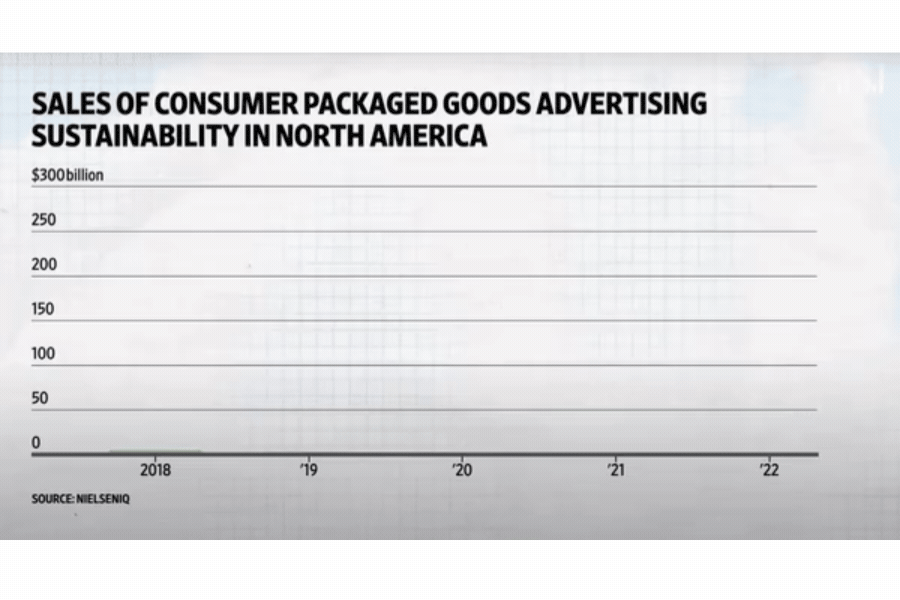
Greenwashing Is Here To Stay
Yes, greenwashing seems to be a trend that’s here to stay. Over the years, I’ve seen companies pull the charade of greenwashing. Awareness of the tricks they use can help you spot other talented greenwashers more easily, so let’s take a look at some greenwashing lowlights from the last couple of years.
Greenwashers in the spotlight:
- Keurig: Misleading Recycling Claims
- Ikea: Accredited Illegal Logging
- Windex: Misleading Plastic Packing Claims
- H&M: Insincere Sustainable Fashion Claims
- Hefty: False Representation Of The Product
- Ryanair: False Low-Emissions Claims
- Quorn Foods Thai Wonder Grains: Misleading carbon footprint claims
- Shell: Gaslighting Of The General Public
- Unilever: Unclear Environmental Claims
- HSBC: Misleading Climate Ads
- Delta: False Carbon-Neutrality Claims
11 Greenwashing Examples From Brands You Love & Use Everyday
When greenwashing, companies project an eco-friendly image, which is untrue. Sometimes the disguise is hard to detect but in other cases, the veneer strays so far from the truth that you begin to question the sobriety of the PR & Marketing teams behind the greenwash.
Here are 11 leading examples of greenwashing from brands you love and use everyday:
1. Keurig
The global coffee capsule market is worth over $10billion and growing fast. But the mountain of discarded capsules remains difficult to recycle. The problem is that you typically have to use specialist recycling services instead of local recycling bins.
As a case in point of how the recycling process can go badly wrong. Keurig led Canadian buyers to believe they could recycle their single-use plastic coffee pods by simply breaking open the top, emptying out the coffee, and throwing the empty carcass into recycling bins.
Easy right?
Wrong. The capsules weren’t accepted in most Canadian provinces, except for Quebec and British Columbia. And even then, the instructions didn’t go far enough. The City of Toronto had to revert 90 tonnes of plastic pods from recycling bins last year because of this kind of capsule carnage.
Result: Keurig was fined $3million and ordered to change the misleading recycling claims on the packaging. Another San Francisco coffee brand was fined $500k in settlements for its greenwashing practices.
2. IKEA
is the largest consumer of wood in the world, and its timber consumption has doubled in the last decade. An investigation by Earthsight found that IKEA has been making beechwood chairs using illegally sourced wood from the forests of Ukraine’s Carpathian region, an area home to endangered beasts such as bears, lynxes, wolves, and bison.
Perhaps the most shocking thing about this case is that the illegal timber was certified by the Forest Stewardship Council. This oversight raises serious questions about the ethics and transparency of the FSC accreditation, which according to Earthsight, is not limited to Ukraine. They describe “rampant illegal logging” across the globe under the watchful eye of the FSC.
In spite of this, IKEA is among the best in the world in terms of its sustainability credentials, and FSC is considered the gold standard of forest accreditation.
3. Windex
The glass cleaner by SC Johnson claimed its bottles were made from 100% “ocean plastic”. But before you start imagining intrepid teams of Windex employees out on boats salvaging plastic from the sea, let me stop you right there — because that’s not what happened.
In fact, the plastic used to make the bottles was never in the ocean. It was pulled from plastic banks in Indonesia, the Philippines, and Haiti. This type of plastic is known as ocean-bound plastic because it would have otherwise ended up in the ocean.
But the problematic marketing doesn’t end there. Windex also claims to be non-toxic, but a lawsuit was filed against SC Johnson in 2020, claiming that Windex products contain ingredients that are harmful to people, animals, and the environment.
4. H&M
The fast fashion industry is notorious for its environmental impact, so a level of greenwashing is to be expected there. But you might be surprised at the sheer amount of greenwash that was revealed in a 2021 report from the Changing Markets Foundation.
They looked at clothing from major high-street fashion brands to check the truthfulness of their sustainability claims and found 60% of claims overall were misleading. That’s bad but H&M were found to be the worst offenders with a shocking 96% of their claims not holding up.
Put simply, virtually all of the Scandinavian Fashion Giant’s claims were designed to trick people concerned about their environmental impact into buying.
So, the next time you consider buying from a major retailer like H&M because of imprecise green-tinged language like ‘conscious’, reconsider. The percentages say we’re likely being lied to.
5. Hefty Recycling Bags
In May 2021, a class-action lawsuit was filed against Hefty Recycling Bags for the claim that its bags are “designed to handle all types of recyclables”. According to the lawsuit, not only are Hefty bags not recyclable but they also contaminate waste that would otherwise have been recyclable. This means many items that could have been recycled end up in landfills instead.
Hefty bags are therefore no different from ordinary bin bags (and possibly even worse), and the lawsuit claims their misleading branding violates California’s anti-greenwashing laws.
6. Ryanair
Mid-flight ads, misleading luggage charges, uncomfortable seats. These are just a few of the reasons why people dislike flying Ryanair – and now you can add another complaint to the list: greenwashing.
In early 2020, Ryanair audaciously announced itself to the British public as Europe’s “lowest emissions airline”. The claim was more or less made up and the Advertising Standards Authority promptly banned the ads.
It’s a reminder that in environmentally sensitive sectors like aviation, you need to be extra careful, as brands are all too eager to promote their green credentials to win more customers. Often, the claims made just aren’t true.
7. Quorn Foods Thai Wonder Grains
Quorn Foods advertised their new product, Thai Wonder Grains lunch pot, as a way to address climate change. The advertisement claimed it “helps us reduce our carbon footprint”, but what wasn’t clear was who exactly they meant by “us”.
It turns out they were referring to Quorn Foods, not people, who should avoid buying products that come in single-use plastic if they want to reduce their carbon footprint.
An inquiry by the Advertising Standards Authority ruled that the ad was misleading. It also noted that since the product in question was new, it was impossible to determine whether it could reduce Quorn’s carbon footprint.
8. Shell
Now here’s my favorite one: Shell. This business has got some balls. The company is responsible for around 1-2% of global CO2 emissions from its activities every year, while it continues to plough ahead and invest billions in oil and gas. And yet, despite this, their marketing team thought it appropriate to ask their followers on Twitter what they were “willing to change to help reduce emissions”? Really?
The poll attracted a modest 199 responses but still went viral due to the wave of vitriol it received in response, including high-profile rejoinders from the likes of Alexandra Ocasio-Cortez.
This truly was one of greenwashing’s most egregious examples. But only a few months later, some karma was served when a European court ordered Shell to reduce their carbon emissions by 45% by 2030 compared to 2019 levels. It’s the first time that a private company has been ordered to reduce its emissions by a fixed amount with a defined time frame.
If that wasn’t enough, here’s another case that took a whole year before reaching its end. Are we surprised that Shell has engaged in greenwashing more than once? Not really.
9. Persil (Unilever)
Unilever’s cleaning brand Persil is one of the UK’s most popular, with its washing-up liquid and dishwasher tablets used by millions of people each year. Many of those buyers are becoming concerned about the environment, so it’s not surprising that Unilever has upped its efforts to appear eco-friendly. Nevertheless, Persil’s ‘Dirt is Good’ TV ads have been banned by the Advertising Standards Authority for unsubstantiated claims to be ‘kinder on the planet’.
It’s the kind of perfunctory statement that’s not unusual from greenwashers, although in this case adorned by flimsy supporting scenes, such as a woman hashtagging #plantmoretrees on social media and kids collecting plastic garbage from rivers and beaches. None of which explained why Persil was kinder on the planet.
The ASA took umbrage with the ‘various strands’ for being ‘unclear’. Kinder on the planet than what exactly? Meteorites, maybe. But all considered, it’s fair to conclude that Persil, a typical laundry detergent, can’t be all that kind on the planet.
What to learn from this? It’s a case that shows if you are going to make environmental claims these days, then they need to be backed up. Someone tapping out an appropriate hashtag won’t do at all.
10. HSBC
Some of the world’s biggest banks are funding the climate crisis, mainly through investments with a significant impact on greenhouse gas emissions, especially fossil fuels.
It’s fine and completely legal, but what’s wrong and worth pointing out is courting green buyers with climate awareness campaigns like this one:
HSBC ranks 13th for the top banks financing fossil fuels in the UK. And still finance carbon-heavy industries like thermal coal mining.
HSBC continues to argue that they’re financing many of these industries to help them eventually transition to net zero, and it would be impractical to terminate funding. But while they highlighted their climate-friendly initiatives in their advertisements, they failed to mention their considerable contribution to the climate crisis at the same time – an estimated $8.7 billion into new oil and gas in 2021.
In response to the heightened scrutiny, 45 more people came forward and filed independent reports of advertising misconduct.
Result: The offending ads were then banned.
It’s an environmental nuance that was absent in the ads, and that, our friends, is greenwashing.
11. Delta Airlines
Let’s face facts: carbon-neutrality in aviation is impossible. Airplanes burning fossil fuels are one of the biggest contributors to CO2 emissions.
Back in 2020, Delta pledged $1 billion—for a plan including carbon offset credits and supposed reduced use of jet fuel—to cut the emissions created by its business. It’s generous, sure. But it’s also false.
Which begs the question: exactly how delusional was Delta Air Lines when they thought it was okay to send this message in consumer-facing advertising?
Now facing a lawsuit over this claim, Delta has suspended all of its “carbon-neutral” advertisements.
Summing Up
Greenwashing undermines genuine sustainability efforts and misleads consumers. It’s crucial to critically evaluate environmental claims and hold companies accountable for misleading marketing practices. Being informed helps prevent falling for these deceptive tactics and encourages real progress toward sustainability.
This deceptive practice where companies exaggerate or fabricate their environmental efforts to appear more sustainable than they are.
Now that you have gone through the examples in detail, we believe this concept of greenwashing to be ingrained in your minds. Still having doubts? Read here to get a better understanding.
